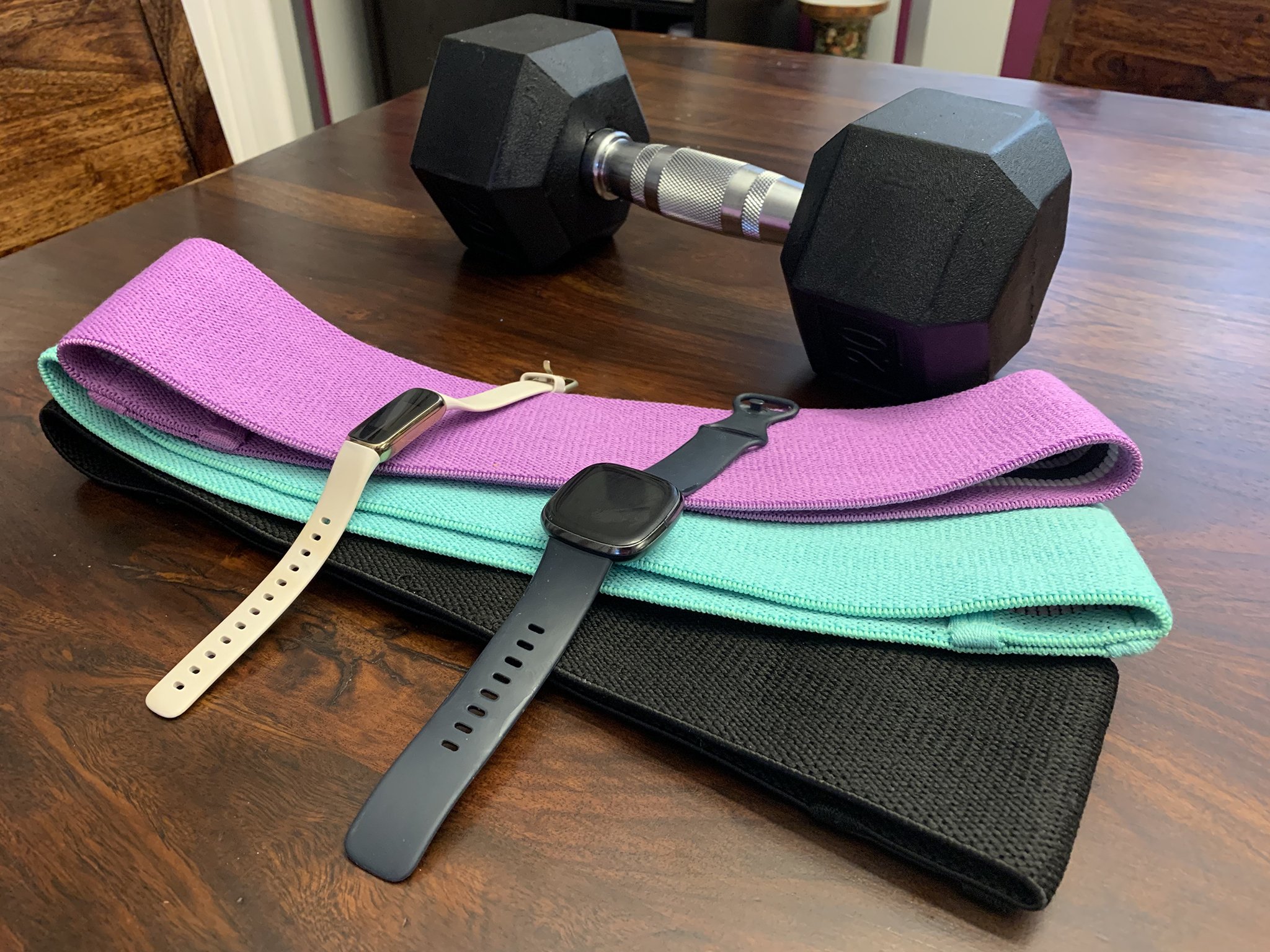Why mess with a good thing, Google?
What you need to know
- We recently polled Android Central readers to ask what they thought Google should do with Fitbit long-term.
- More than half of the respondents said that Google should keep Fitbit as an independent division creating its own hardware products.
- Under one-third said they thought Fitbit should become just another Wear OS device manufacturer.
Now that we know Fitbit's next premium smartwatch will run Wear OS 3, and that at least a third of the company's sales come from its fitness trackers, it's fair to speculate what Google's plans for the fitness brand are moving forward. Since we don't have a crystal ball to peer into the minds in Mountain View, we thought we'd turn to another group of smart people for answers — our readers! So earlier this week, we put out a poll asking you what you thought Google should do with the Fitbit brand moving forward. As usual, the results were quite interesting.
According to our poll results, over 50% of respondents thought Google should keep Fitbit completely independent and produce new hardware like smartwatches and fitness trackers. Just over 28% wanted to see Fitbit make even more Wear OS devices, while 20% said they thought the company should be focused on making the fitness software that runs on Wear OS smartwatches.
Reader NorthernOil summed up the general opinion well when they said, "Fitbit is a very strong brand in the watch space. Google? Not so much. Why would Google want to destroy such a strong brand? That's right, they won't."
Some of our other readers were somewhat indifferent to the hardware but wanted to see Google really take advantage of Fitbit's health software.
Integrated into WearOS and KILL Google Fit. Fitbit services are so advance compared to what Google has been doing with Google Fit.
— Fernando (@_Nundo) September 1, 2021
In the near term, it does seem that Google is heeding this crowdsourced advice. It recently came out with a well-received fashion-forward fitness tracker in the Luxe, and it just announced that a successor to the popular Charge line would be coming out in the near future. So at least for now, the future looks good for Fitbit wearables.
The poll is now closed, but we'd still love to hear from you. What do you think Google should do with Fitbit in the long run? Let us know in the comments or on our social channels.
Source: androidcentral
